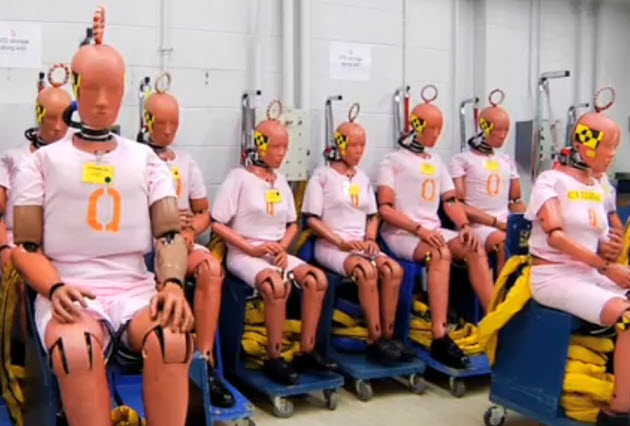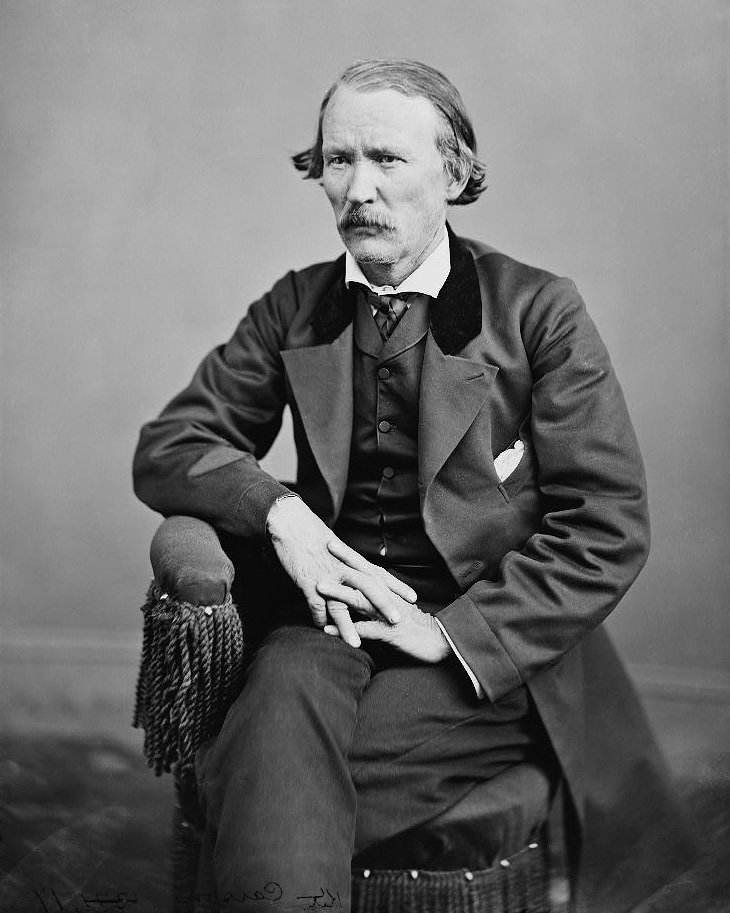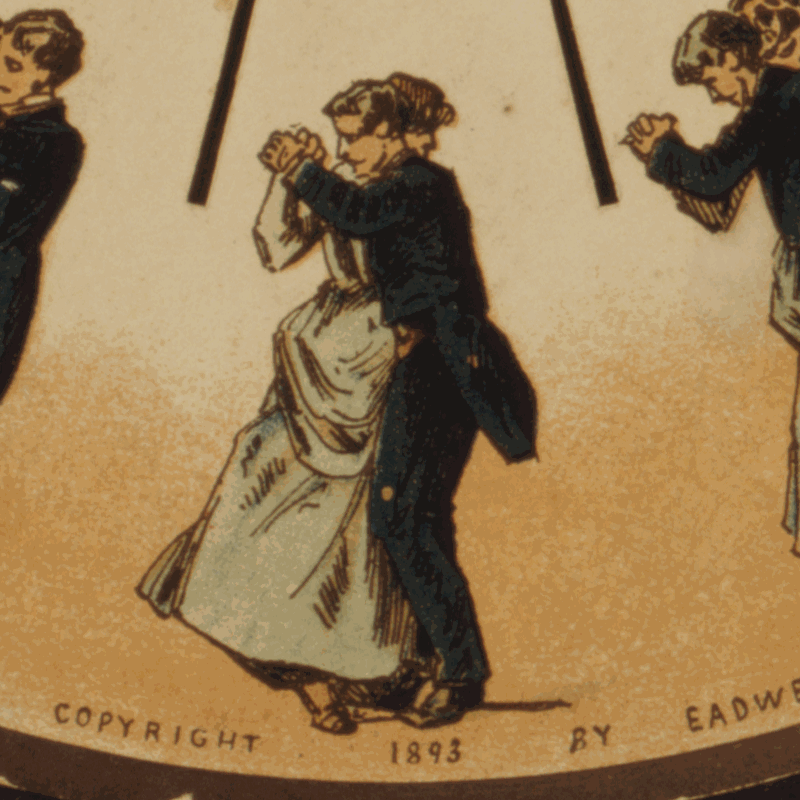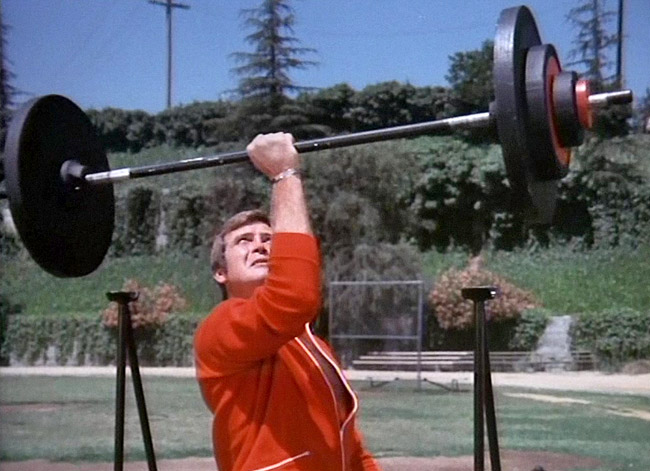
From a Kickstarter campaign for “Stompy,” which could be incredibly helpful in cleaning up disaster areas: “First of all, we’re building a giant walking robot that you can ride, and if all goes according to plan, we’ll be showing it off at a festival or fair near you. Depending on your level of support, you may even get to ride it or drive it – how about that?
Beyond that, though, your support for Project Hexapod will drive a personal robotics revolution (if we have anything to say about it). The past twenty years have seen an explosion of productivity in hobbyist robotics made possible by cheap, easy to use microcontrollers and RC servos. The hobbyist community has built a wealth of knowledge and infrastructure around these components, but RC servos severely limit the size of robot you can build.
Project Hexapod wants to make large-scale robots easier to build, and inspire people to build them.
Stompy is 6 giant steps towards that dream. Once we finish this robot, we’re releasing our plans, our CAD, our diagrams, the presentations from all the lectures we gave in class, our lists of materials and parts, everything. The construction and control techniques we’re using will drop the cost of controlled hydraulics by an order of magnitude or two from where they are now, and will make giant robots affordable to small groups of enthusiasts everywhere.
The robot isn’t just being built for fun, though – it has incredibly practical purposes, as well. With 6 force-sensitive legs and a ground clearance of 6 feet, the robot will be able to walk over broken terrain that varies from mountainous areas, to rubble piles, to water up to 7 or 8 feet deep – everywhere existing ground vehicles can’t go. Not only that, but while navigating such terrain, Stompy could carry 1,000 pounds at 2-3 mph, and up to 4,000 pounds at 1 mph. This is important because in disaster areas like Haiti’s Port Au Prince, it’s taken more than three years to clear the rubble out of some areas – meaning that throughout that entire time, people have had to be rescued or resupplied by helicopter, because no ground vehicle could reach them. Stompy (and the technology it represents) could easily reach people who can’t be reached by any other means in a natural disaster.” (Thanks Kurzweil)

























